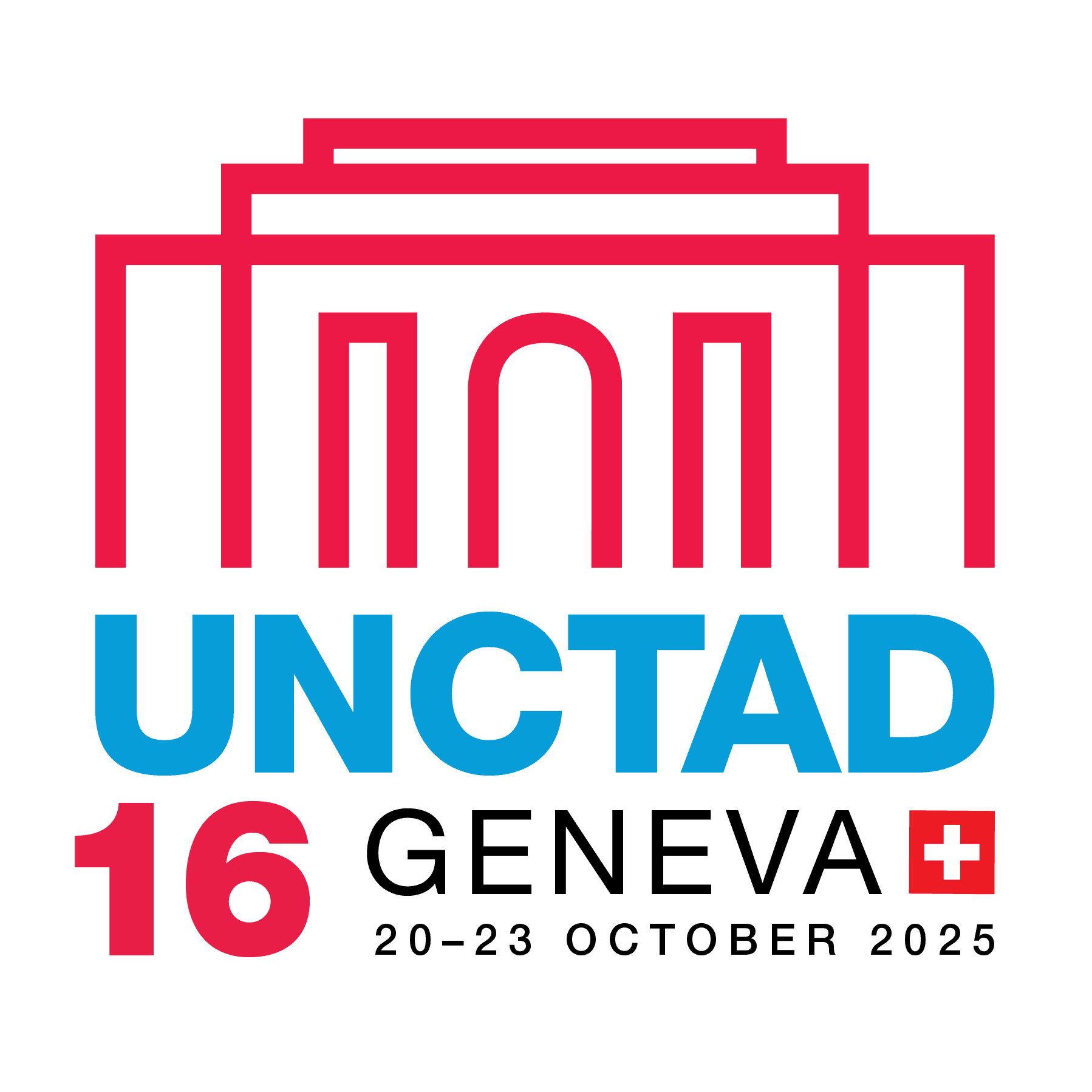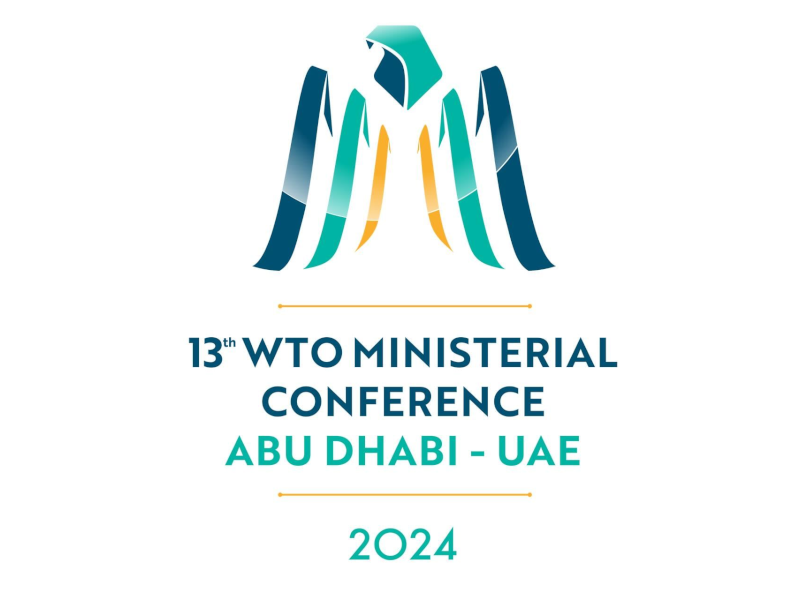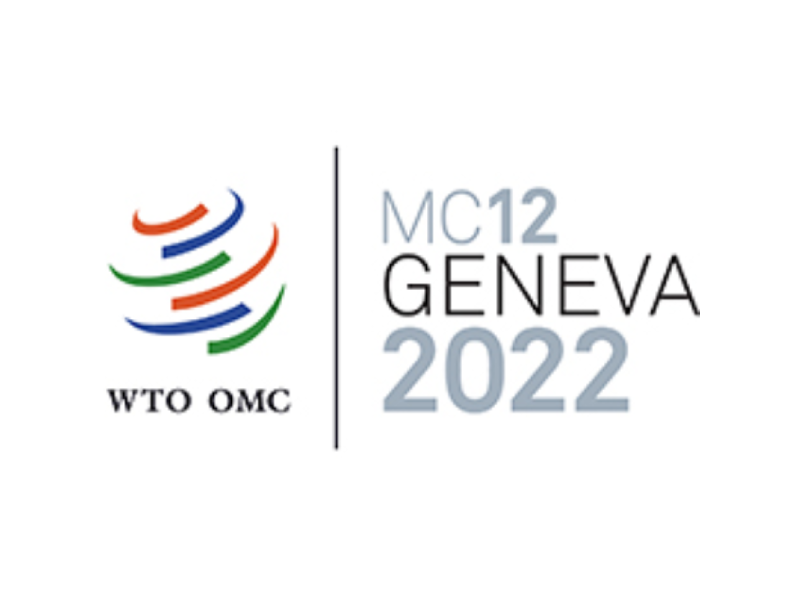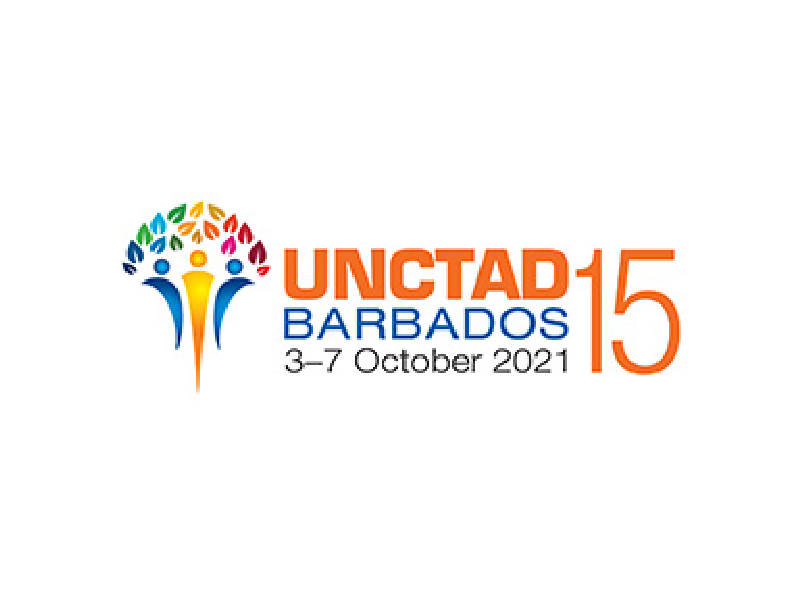UNCTAD has come to be known amongst civil society as one of the most progressive multilateral fora, devotedly serving the interests of the Global South under its mandate of improving the position of developing countries in global trade. Feminist civil society and movements have converged around the quadrennials, on the one hand to see our analysis and demands reflected in UNCTAD’s continuing work, and on the other to strengthen our alliances with each other in order to address critical issues of development in and for the Global South.
As the Gender and Trade Coalition, we represent nearly 300 civil society organizations from around the world that work on trade from a feminist perspective. Before our founding in 2018, many Gender and Trade Coalition members, along with colleagues from across global civil society, engaged in UNCTAD quadrennials through different individual and coalition capacities. We were deeply engaged in UNCTAD15, which took place in a hybrid format due to the COVID-19 pandemic. Our engagement spanned the successful planning and management of the inaugural Gender and Development Forum as well as substantive inputs into the Bridgetown Covenant.
Suffice to say that we are allies of UNCTAD and have made it a point throughout the years (indeed, the decades) to bolster UNCTAD’s work, both in between and during quadrennial processes. Alongside the Financing for Development (FfD) forum, UNCTAD stands as one of the most progressive and relevant fora for the Global South. For this reason, it was the hope of many in civil society that the UNCTAD16 Outcome Document could take further and, where necessary, rectify the Compromiso de Sevilla that emerged from FfD4, in view of the many proposals from developing countries and South-led civil society for systemic economic and financial change that are not reflected in the Compromiso.
The role that civil society plays is well documented: we push Member States to be more ambitious, more progressive, and more imaginative. To our great disappointment, civil society has not been meaningfully included in the UNCTAD16 process, despite playing key roles in previous UNCTAD quadrennials and in FfD4. The legacy of UNCTAD16 stands to be marked by the lowest level of global civil society engagement on record. This is a direct threat to the UNCTAD16 Outcome Document and to the future of UNCTAD.
The UNCTAD16 quadrennial process has been marked by disorganization, a disregard for precedent, and a baseline level of uncertainty. This is true from the late-stage announcement of the change in the quadrennial’s Host Country from Viet Nam to Switzerland, to the interference of certain Member States in the accreditation of globally recognized civil society groups, to a lack of opportunities for civil society to substantively engage with the Trade and Development Board regarding the negotiations.
To some extent, the disorganization and uncertainty surrounding this quadrennial cannot be separated from the current political moment, which includes globally rising right-wing extremism and fascism, a genocide raging in Palestine for nearly two full years, severe liquidity challenges and an existential threat to the future of the UN, shrinking civic space, and sky-high geopolitical tensions. While these factors are not the fault of UNCTAD, they do demand a reckoning of global governance– in which UNCTAD must be included. They demand a successful UNCTAD16 and an Outcome Document which proves that the UN is able to respond to the most pressing challenges of our time.
Developing countries, divided into clusters within their bloc of the G77, have put forward some excellent proposals that reflect the urgency of the current moment, the historical importance of UNCTAD, and the demands of South-led civil society and movements. Yet, they are facing pervasive opposition from developed countries, and it remains to be seen if any of the most promising proposals will make it into the Outcome Document. There has been dismal progress on the Outcome Document, and with under a month to go until the quadrennial, only 17 paragraphs are agreed. Developed countries want to copy and paste the Compromiso de Sevilla, comma for comma– squandering UNCTAD16 and contradicting their own arguments against ‘duplication’ in UN processes. Furthermore, these countries– namely the EU, JUSCANZ, the US, and their allies– want to minimize and gut the role and work of UNCTAD.
Despite the barriers to our meaningful participation, we will not stand idly by as yet another multilateral process is hijacked by the Global North and yet another precious opportunity is lost to make progress towards debt, trade, and climate justice for the Global South. The imperative to deliver on UNCTAD’s original mandate is more urgent than ever, and the remaining time left is shrinking rapidly as the digital and green transitions threaten to cement global inequalities once and for all. We sincerely hope this statement prompts a change in the direction of the negotiations and renews our sense of hope in UNCTAD16.



